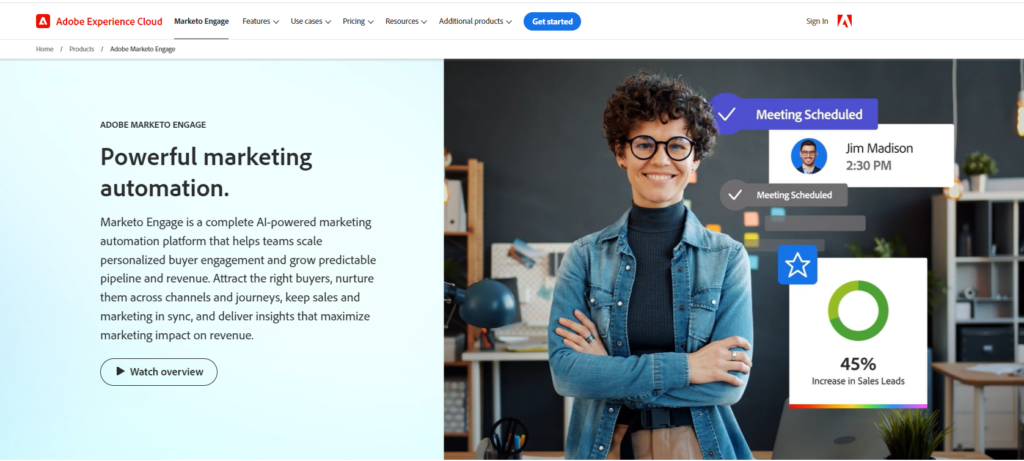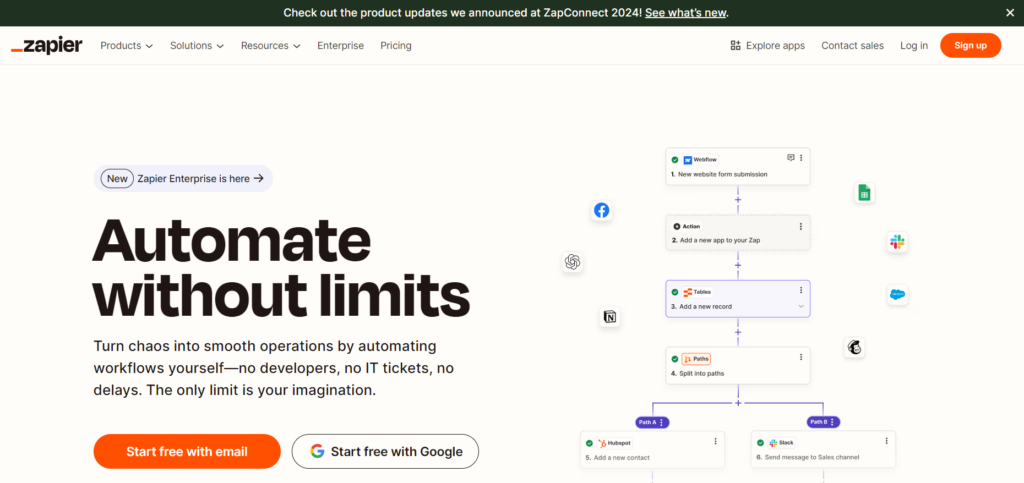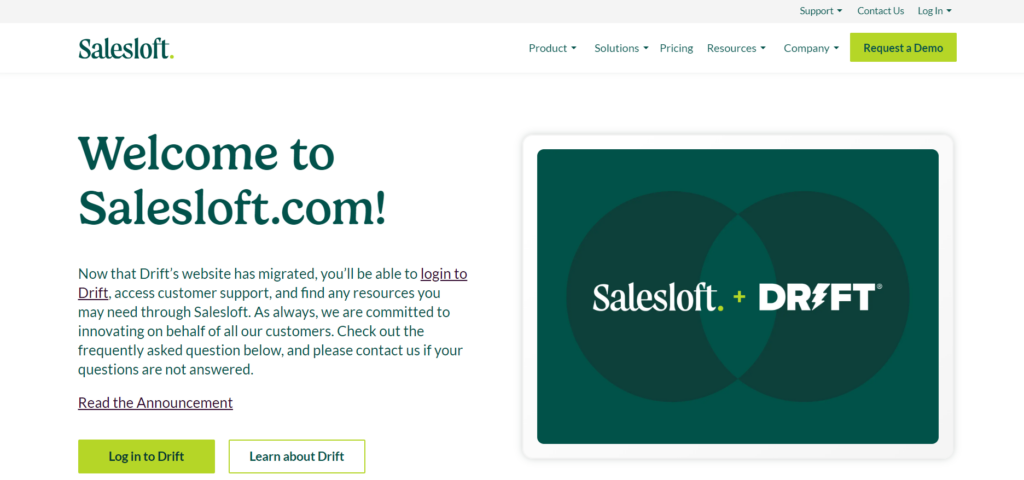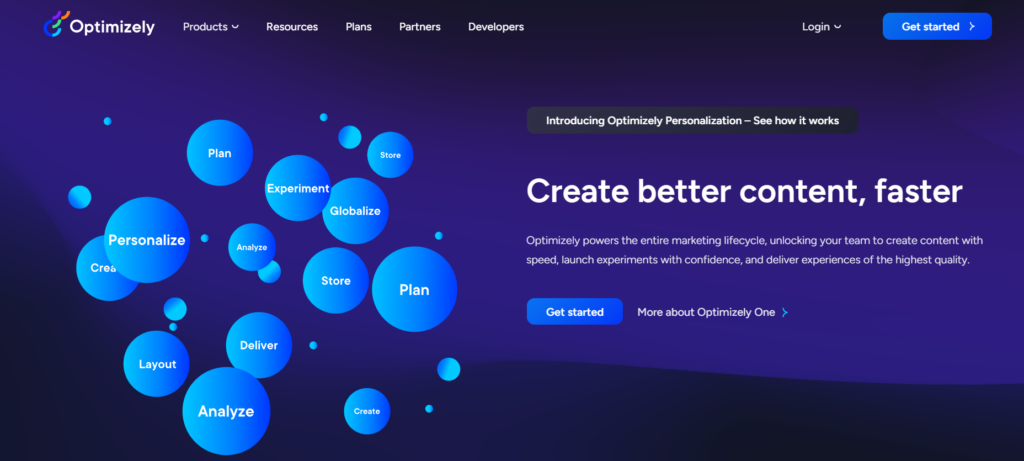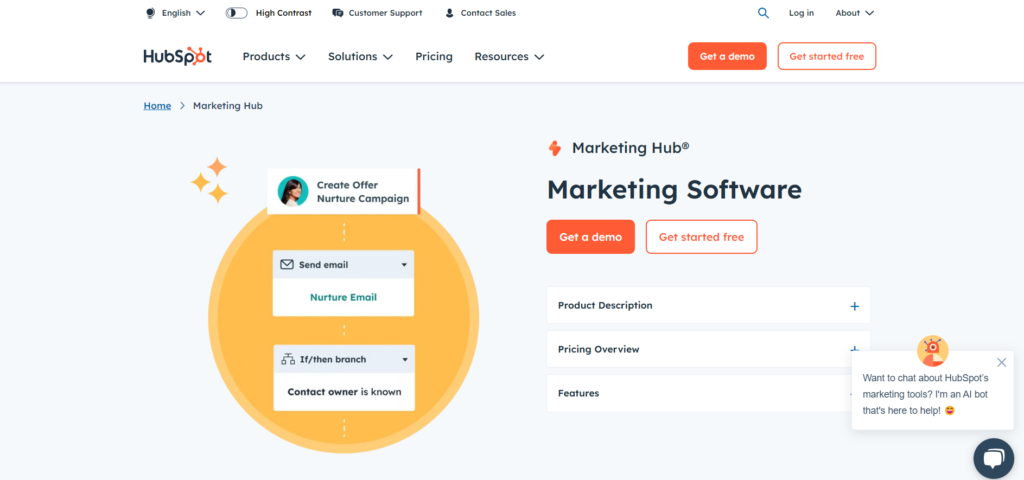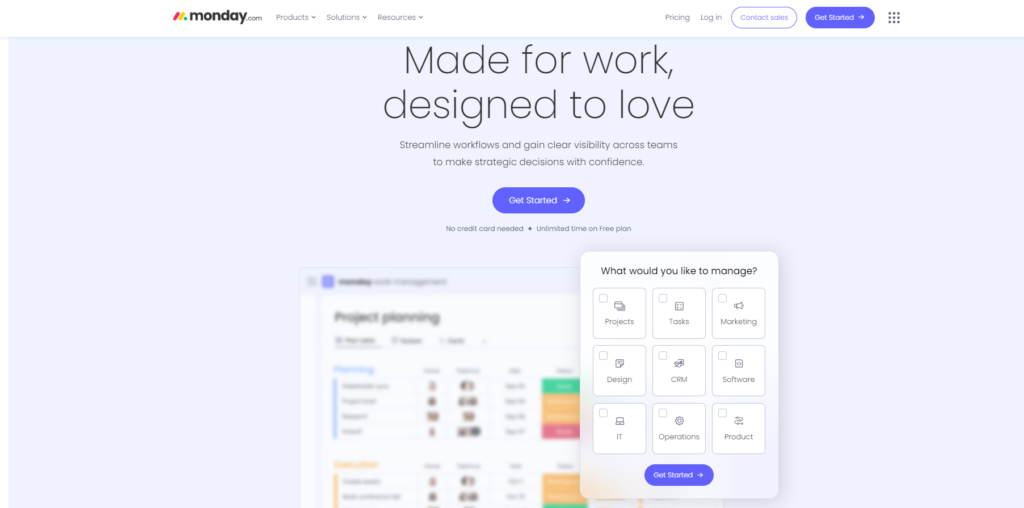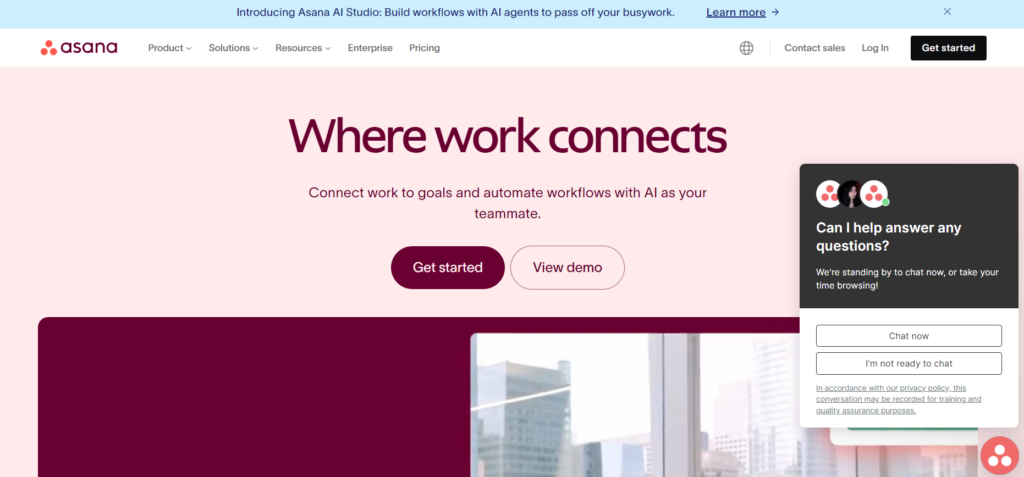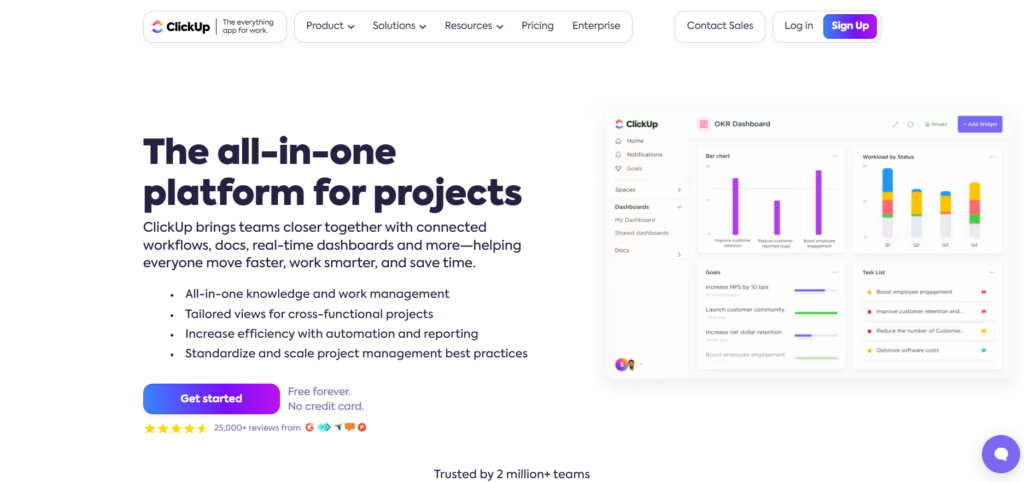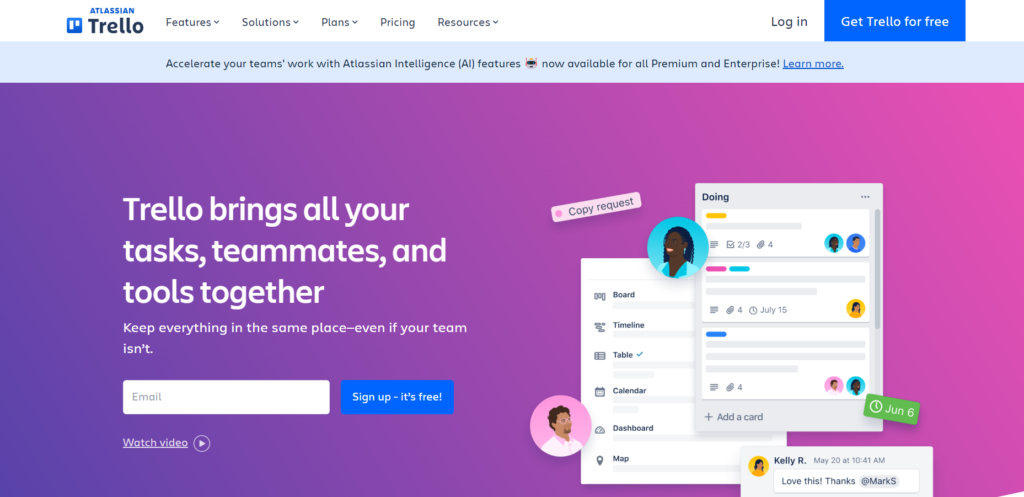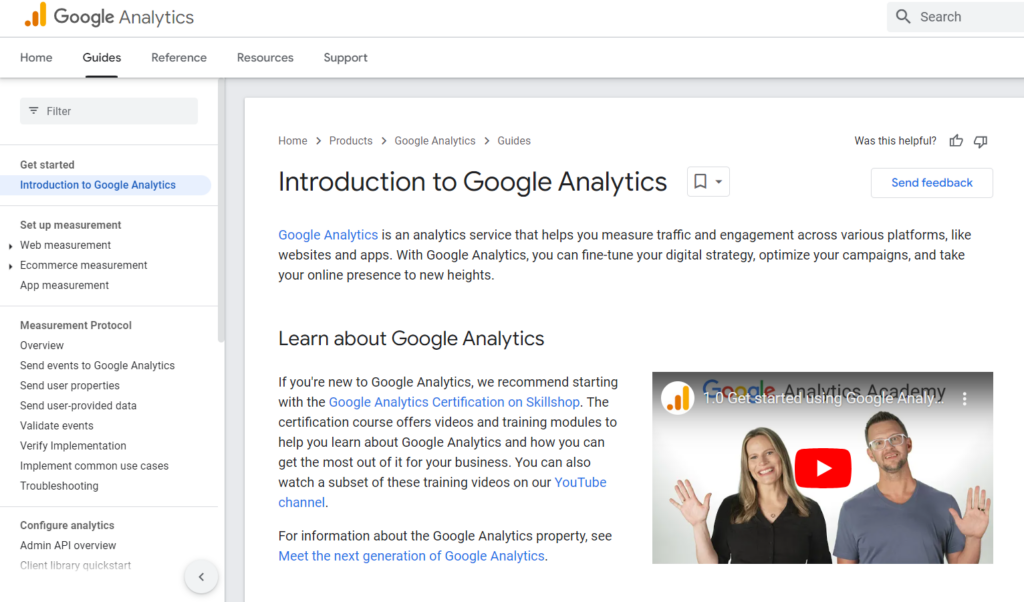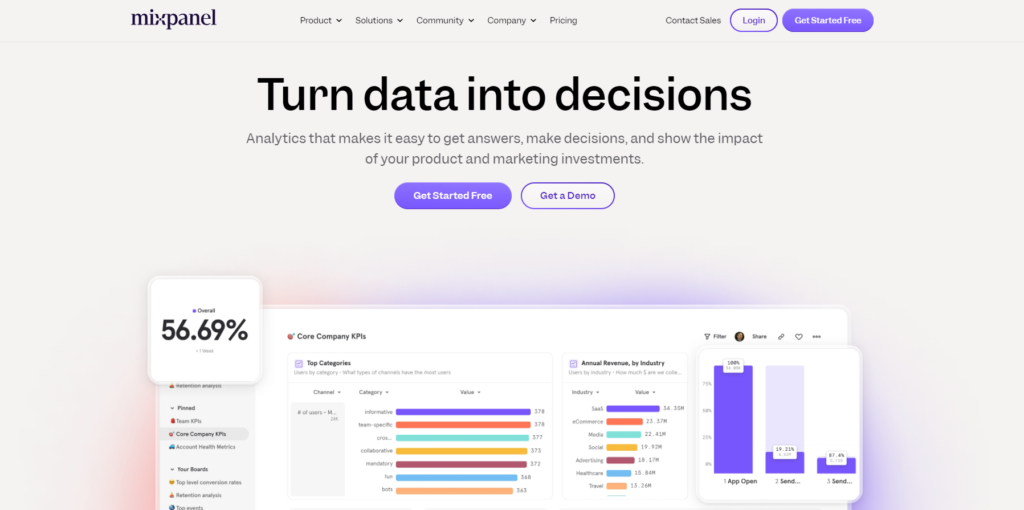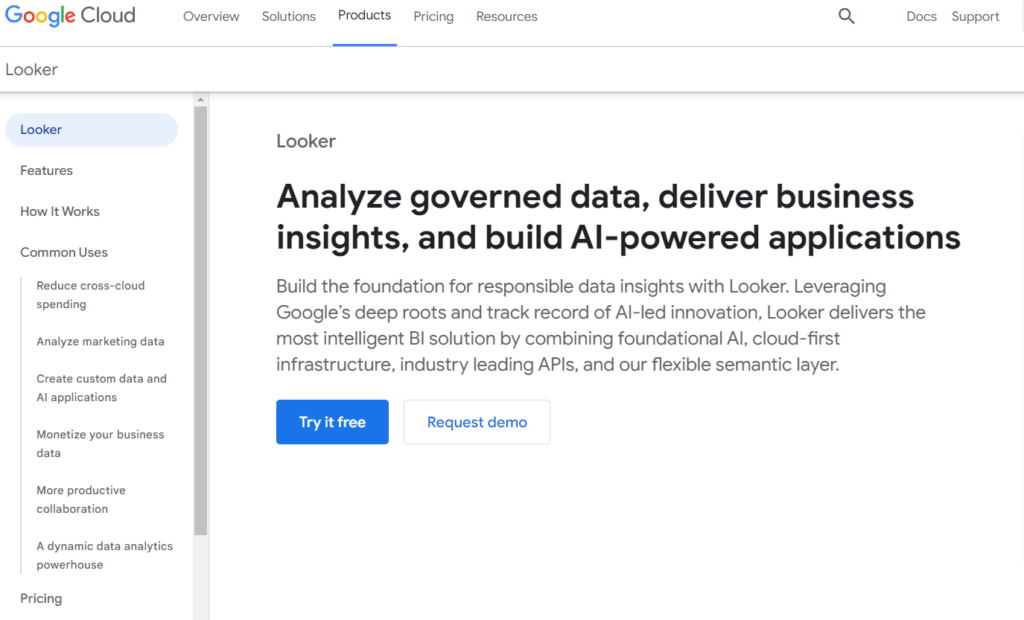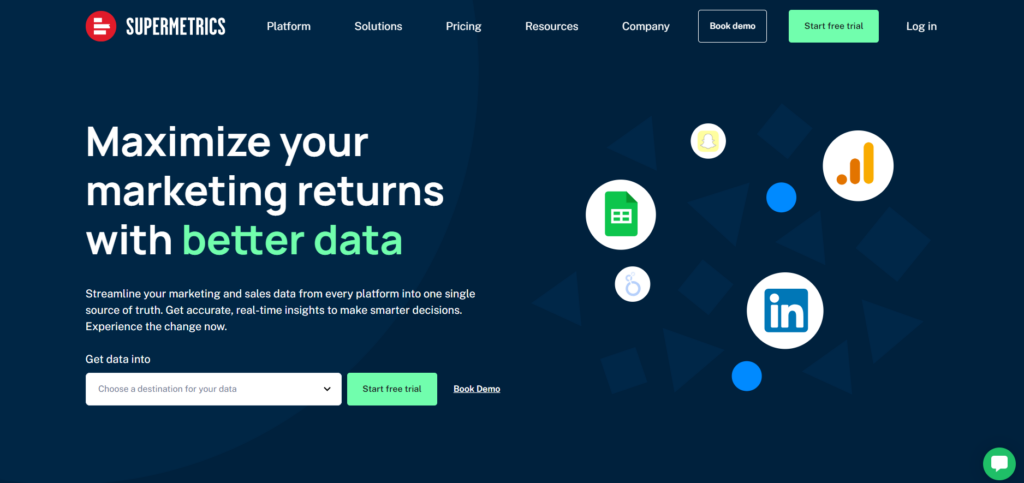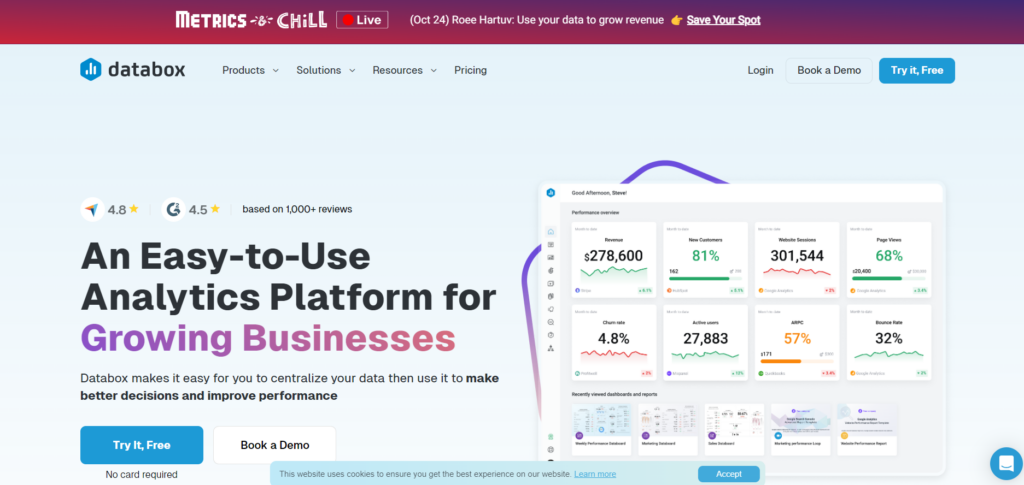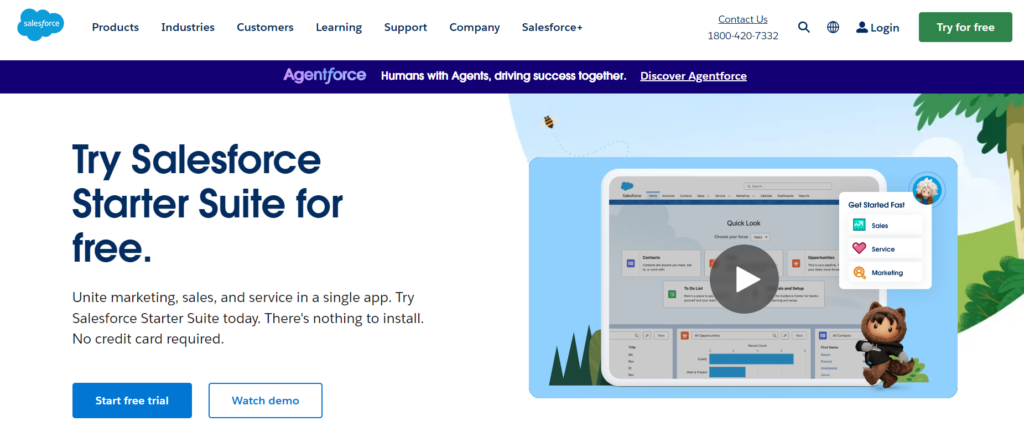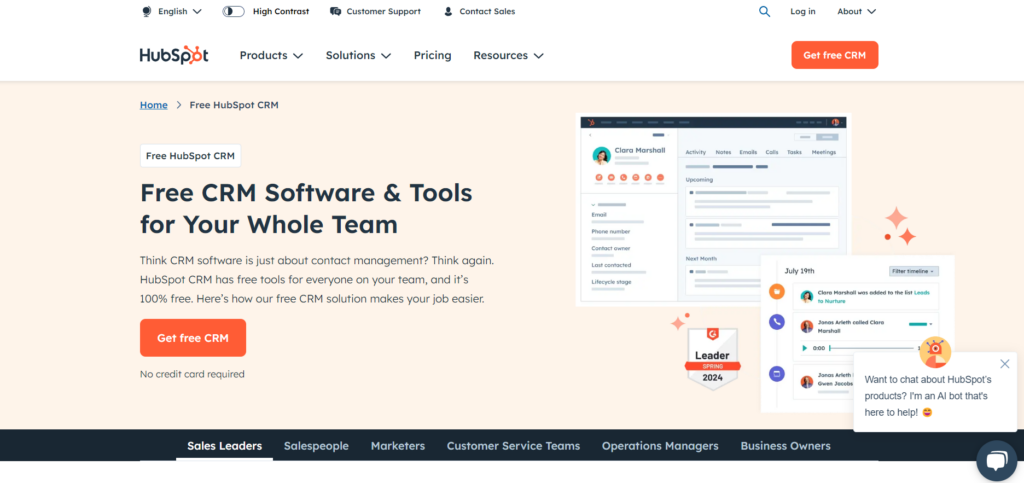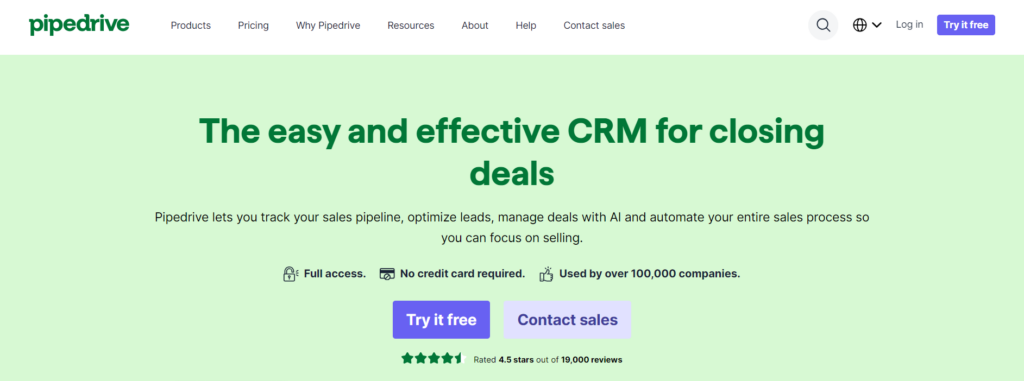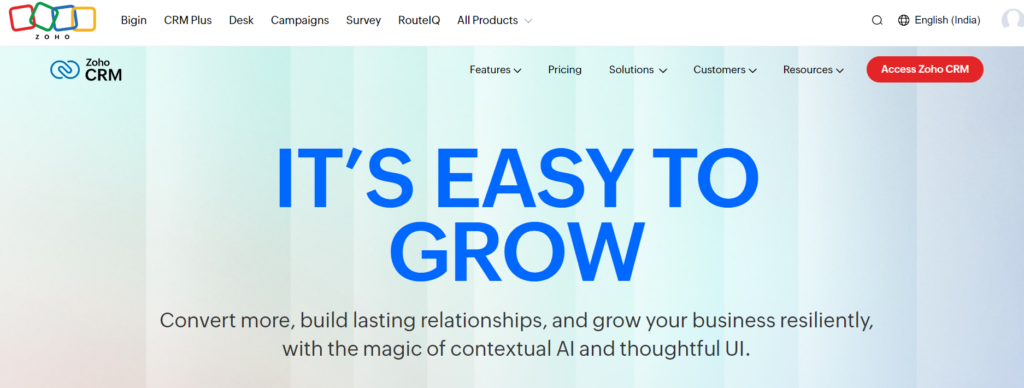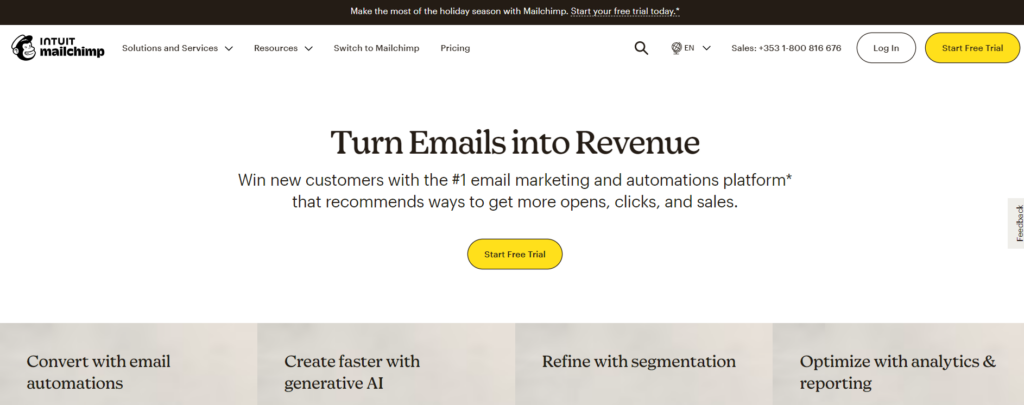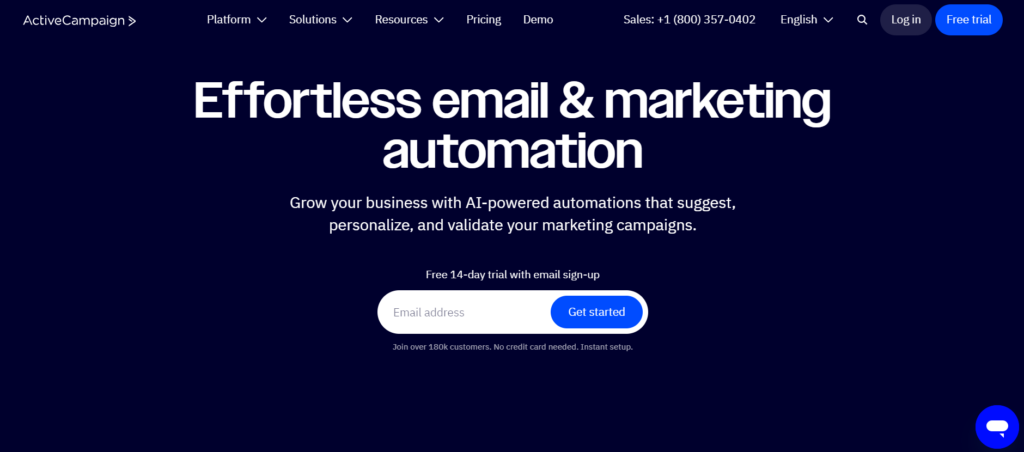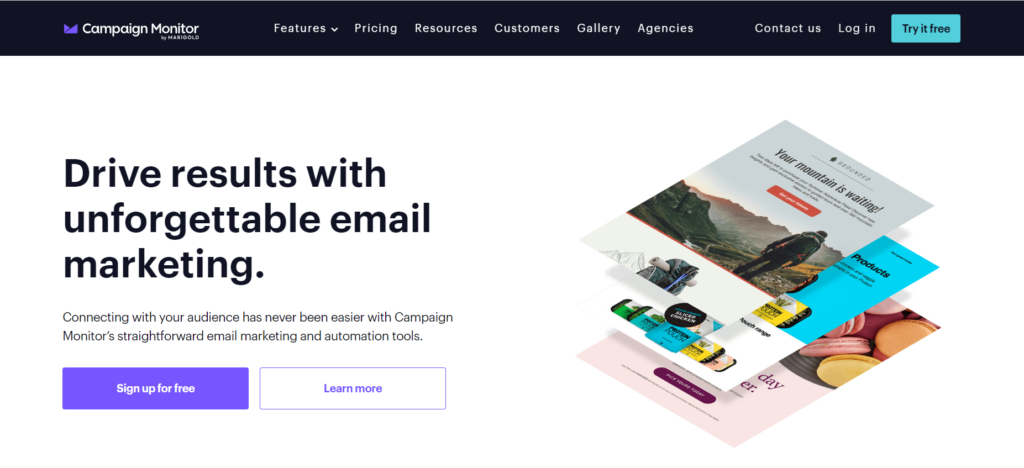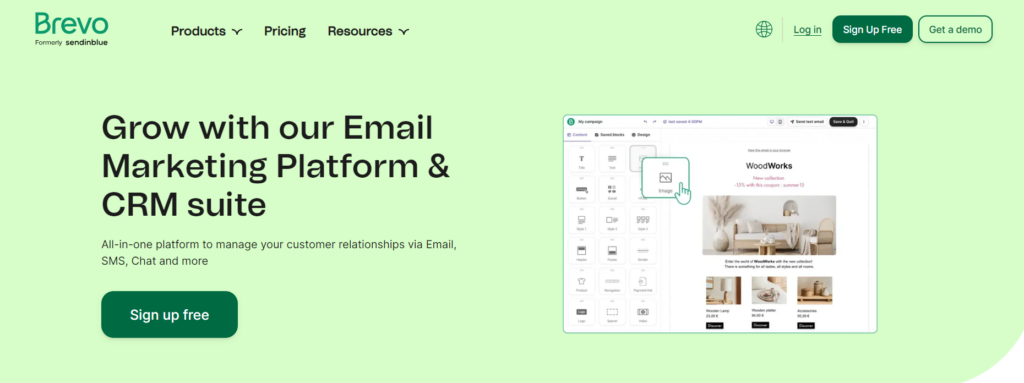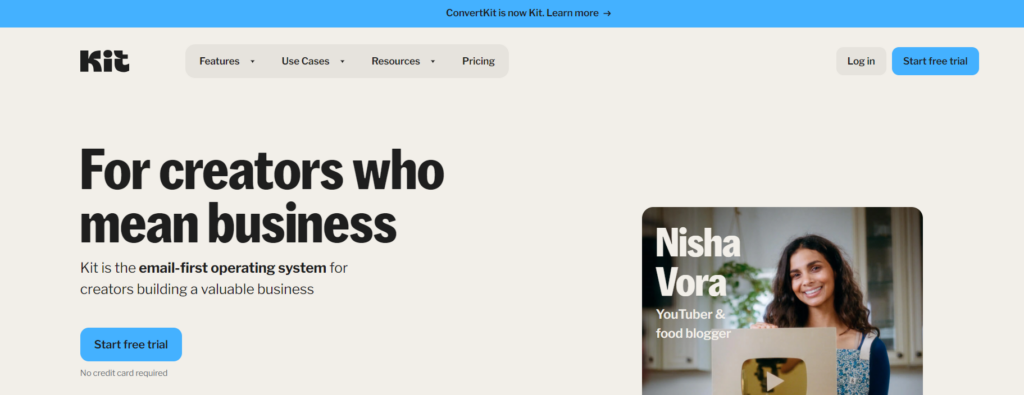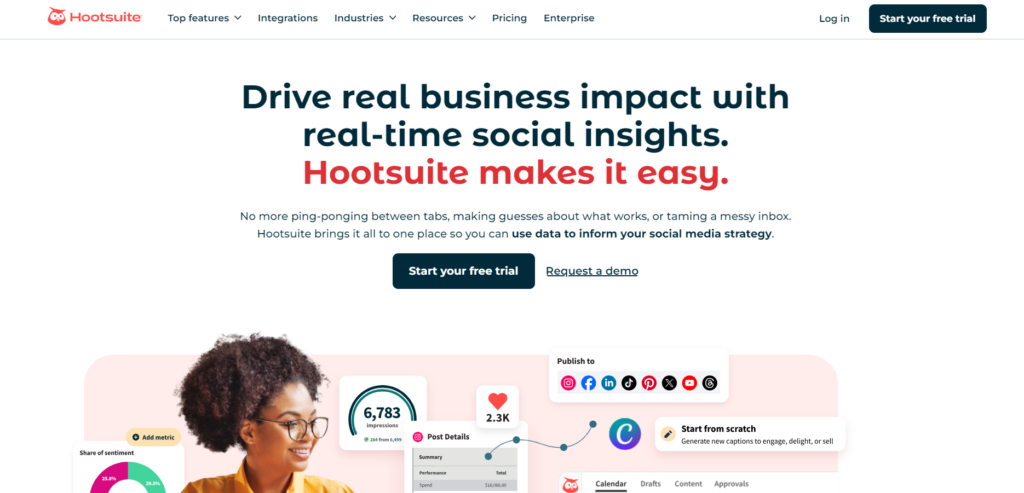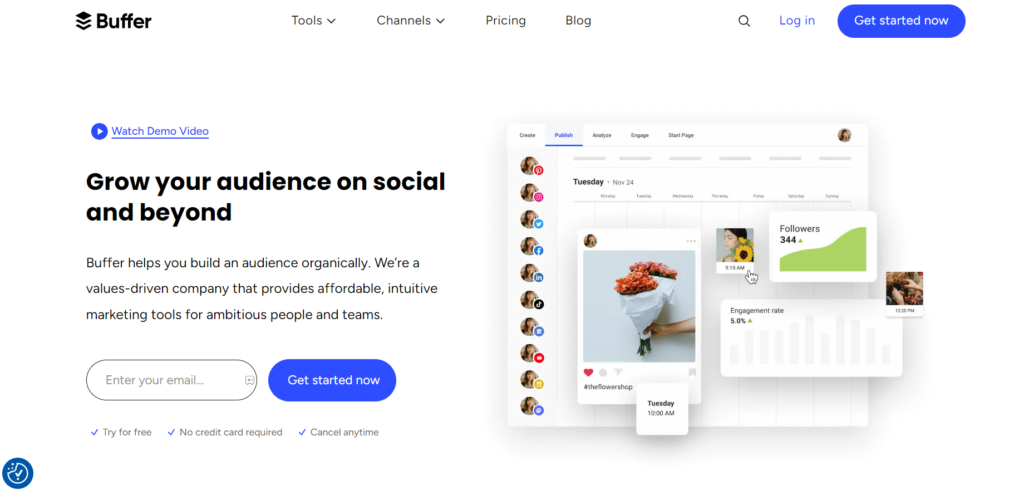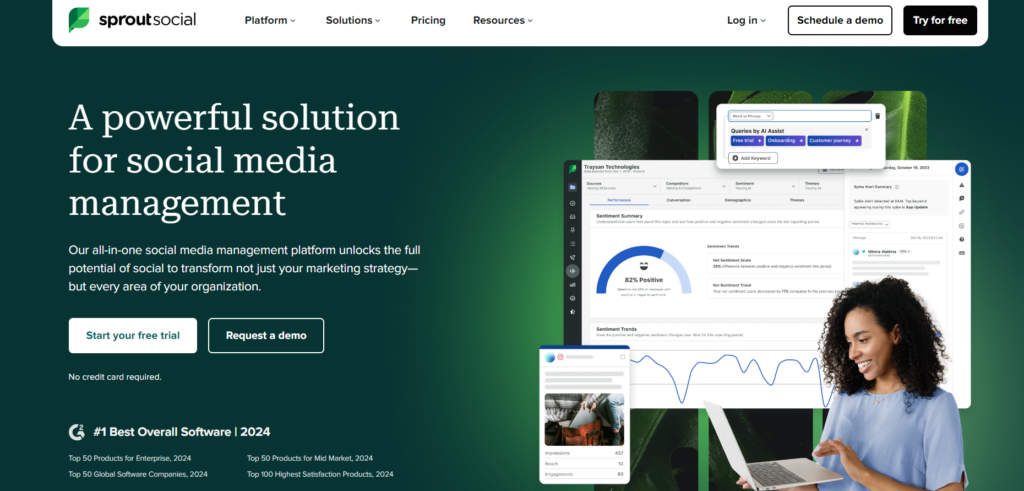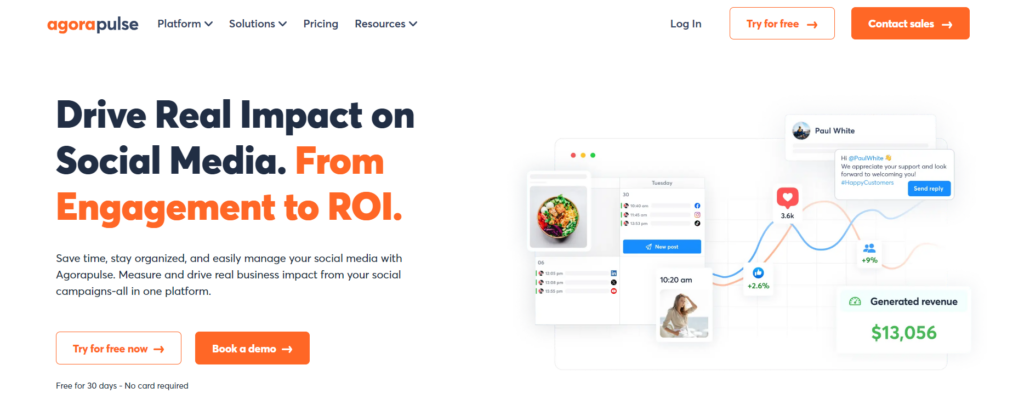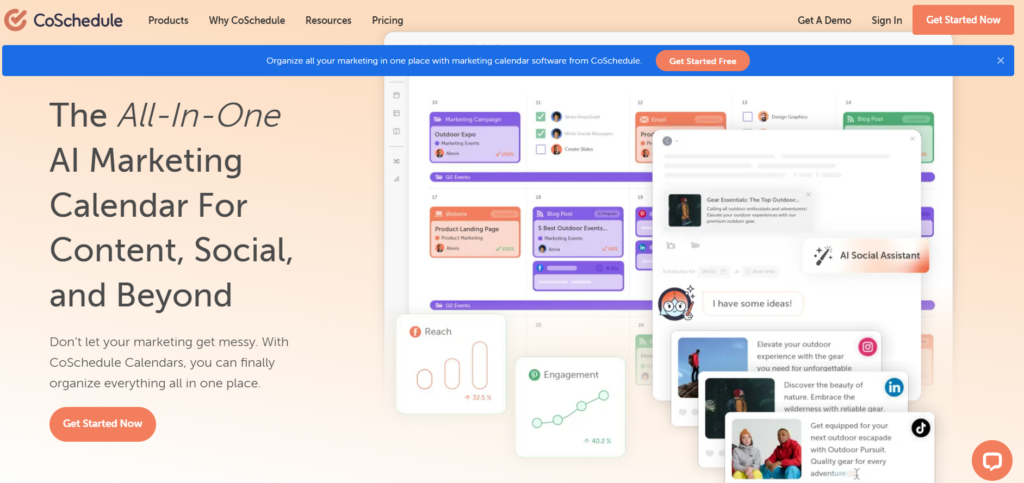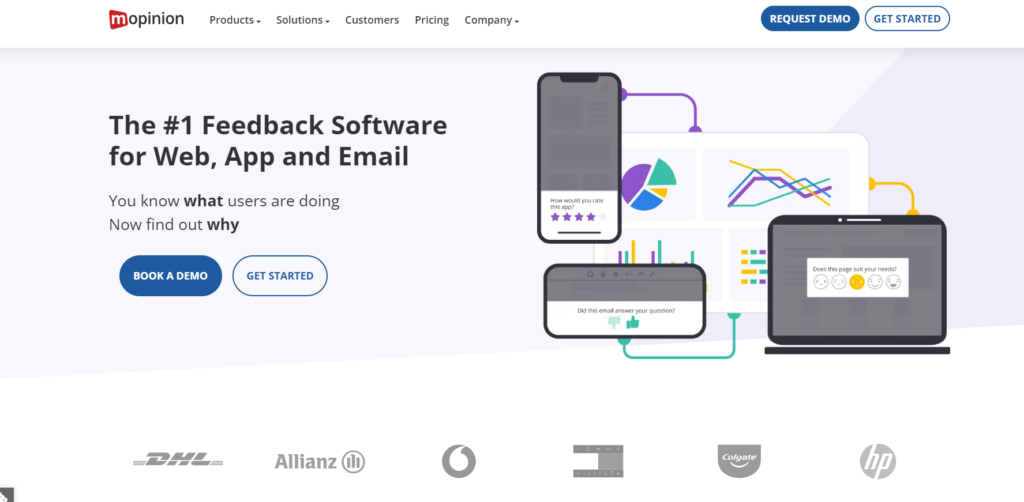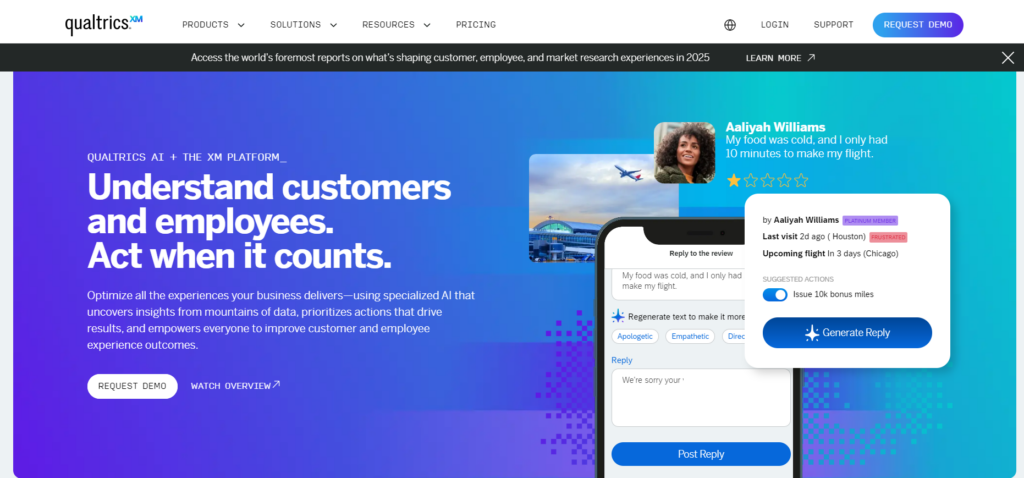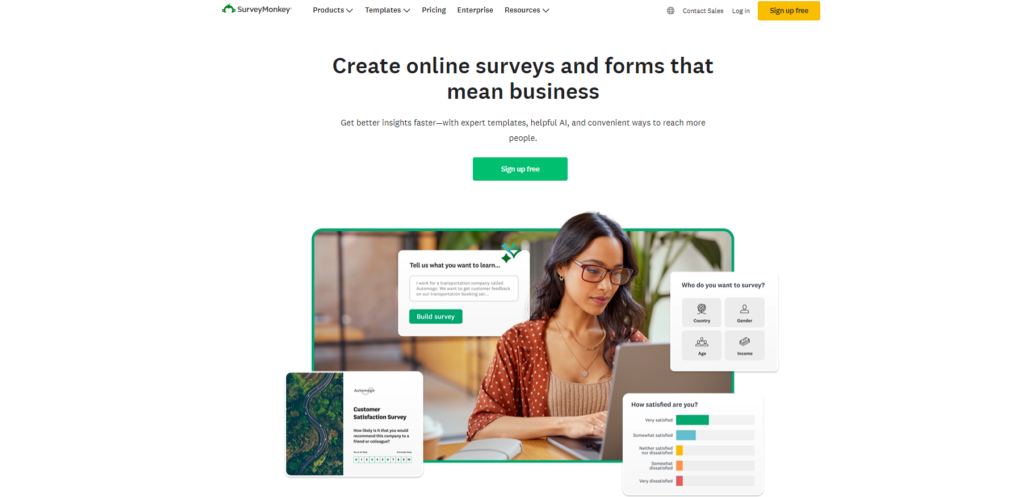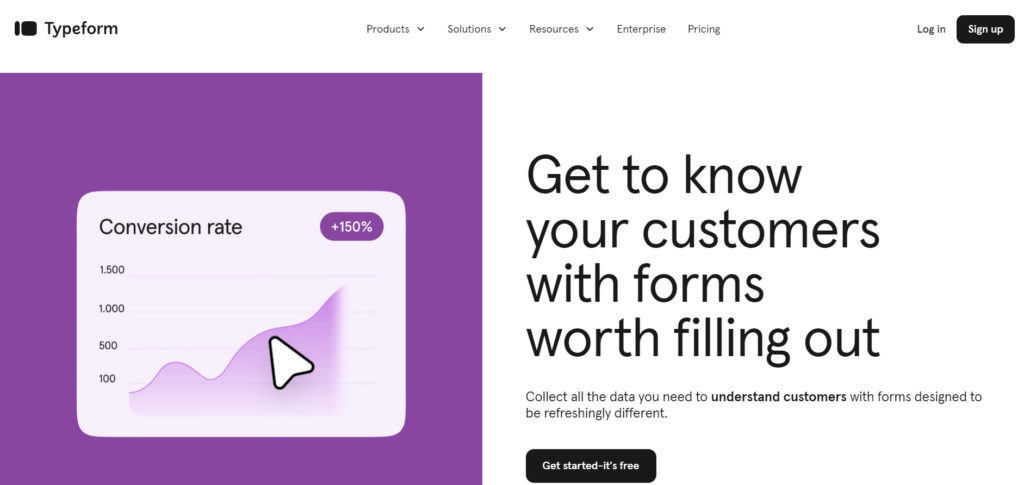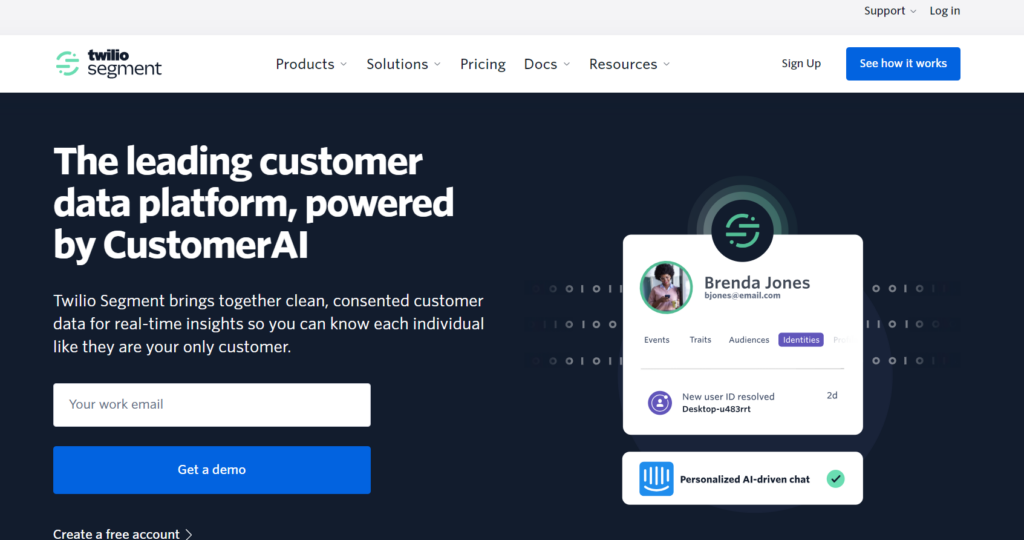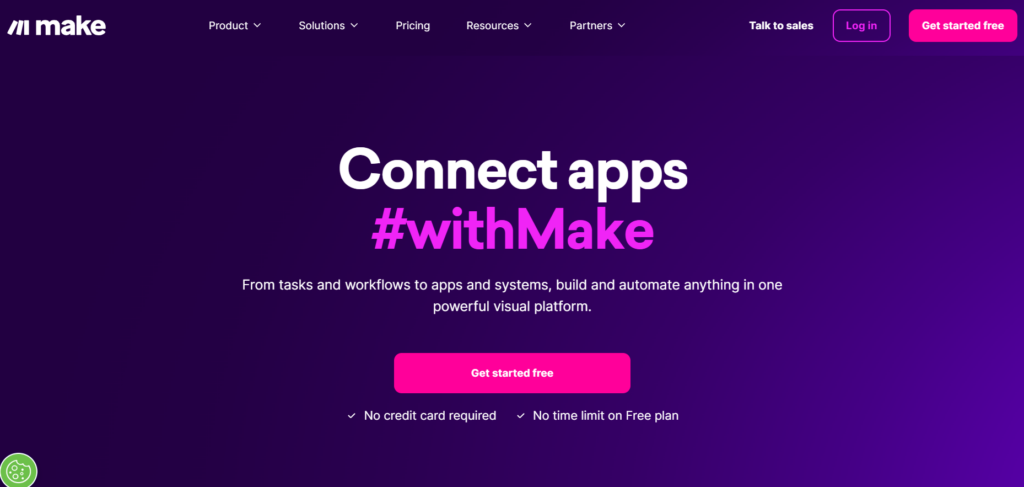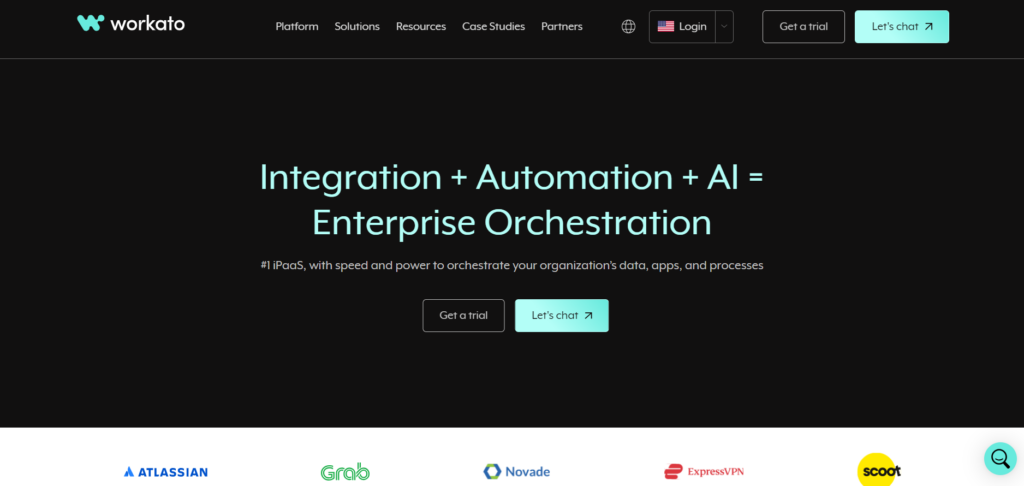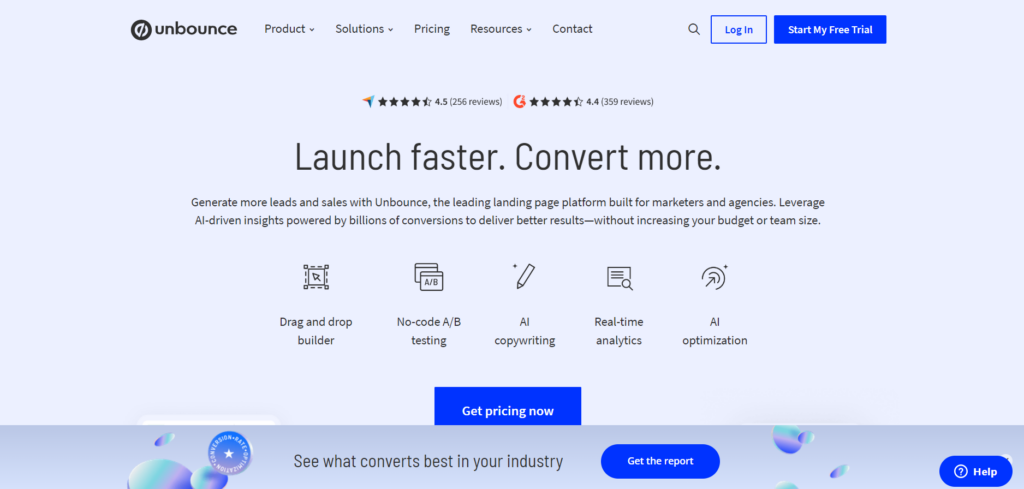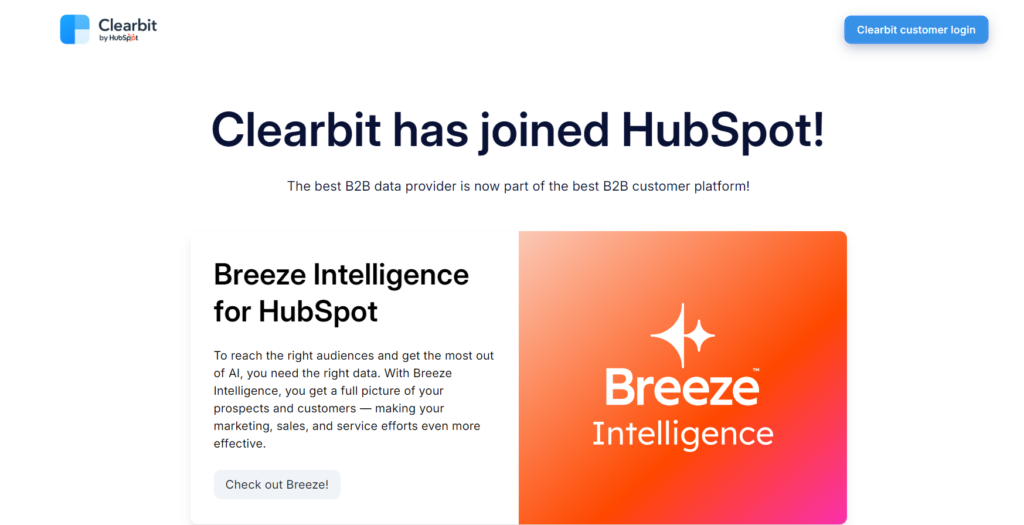In 2025, MarTech tools will be essential for B2B companies aiming to streamline marketing and improve team collaboration. MarTech stacks vary, but typically include tools for email, content, search, and social media marketing. Nearly 60% of marketers already use automation in their email strategies, highlighting the growing importance of these tools.
From automation to customer data platforms, these tools help fine-tune strategies, align sales and marketing, and drive growth. This guide covers 37 essential MarTech tools to set your business up for success.

37 Must-Have MarTech Stack Tools for B2B Companies in 2025
1. AI and Automation Tools
AI tools are transforming how businesses operate by automating repetitive tasks, improving personalization, and allowing for scalability without increasing the workload. Here are some critical AI and automation tools B2B companies must consider:
Marketo Engage
Marketo Engage excels in delivering predictive content recommendations based on user behavior, enabling businesses to tailor email campaigns with precision. The platform integrates advanced lead scoring and segmentation with AI, helping marketers nurture leads more effectively by delivering personalized content at optimal moments.
Zapier
Zapier stands out with its ability to connect multiple apps and automate complex workflows without requiring any coding. It handles multi-step automations across various platforms, making it easier for businesses to sync data between CRM systems, marketing platforms, and project management tools.
Drift
Drift specializes in real-time conversational marketing through AI-driven chatbots. Its unique ability to escalate conversations into live video calls sets it apart, making high-touch, immediate customer service possible. This feature can significantly improve lead conversion by keeping prospects engaged at critical decision points.
Optimizely
Optimizely enables backend experimentation in addition to frontend A/B testing. It helps optimize both user-facing elements and internal server-side features, which makes it invaluable for companies looking to improve website speed, functionality, and user experience comprehensively.
HubSpot Marketing Hub
HubSpot’s Marketing Hub is an all-in-one platform that integrates with HubSpot’s CRM, providing marketing automation, email campaigns, and lead management capabilities. It’s highly valuable for B2B companies looking to streamline their marketing efforts while maintaining a personalized customer experience.
Feature | Marketo Engage | HubSpot Marketing Hub | Zapier | Drift | Optimizely |
Lead Nurturing | Advanced | Moderate | N/A | N/A | N/A |
Automation | Yes | Yes | Yes | Yes | Yes |
Multi-Platform Integration | Limited | Yes | 5000+ apps | CRM, Calendar | CRM, CMS, API |
AI Chatbot | No | Yes | No | Yes | No |
A/B Testing | Limited | Yes | No | No | Full-Stack |
Backend Experimentation | No | No | No | No | Yes |
2. Project Management Tools
Effective project management is crucial for B2B companies managing cross-functional teams and complex campaigns. These tools help teams stay on track, meet deadlines, and collaborate seamlessly.
Monday.com
Monday.com’s standout feature is its customizable workflow automation, allowing teams to set specific triggers and actions for project tasks. Teams can manage workload distribution efficiently, as Monday provides visual workload management that automatically adjusts tasks based on team capacity and deadlines.
Asana
Asana’s advanced reporting features allow teams to generate project progress reports easily. It also includes dependencies and timelines that help teams foresee and avoid bottlenecks by visualizing the entire project flow. This ensures project deadlines are met without task overlaps or missed steps.
ClickUp
ClickUp is a versatile project management tool that offers everything from goal-setting features to time tracking, document management, and built-in chat. Its “Everything View” gives users a holistic view of tasks, projects, and documents in one space, ensuring nothing slips through the cracks.
Trello
Trello’s intuitive use of Power-Ups, such as calendar views and third-party integrations (Slack, Google Drive), make it an incredibly flexible tool for teams that want to manage simple workflows but still have access to powerful features through integrations.
Feature | Monday.com | Asana | ClickUp | Trello |
Task Management | Yes | Yes | Yes | Yes |
Automation | Yes | Yes | Yes | Limited (Power-Ups) |
Time Tracking | Yes | No | Yes | No |
Kanban Boards | Yes | Yes | Yes | Yes |
Gantt Chart | Yes | Yes | Yes | No |
Integrations | Extensive | Limited | Extensive | Moderate |
3. Analytics Platforms
In a data-driven world, B2B companies rely on analytics platforms to make informed decisions, optimize marketing campaigns, and understand customer behavior. The following tools provide deep insights into performance metrics:
Google Analytics 4 (GA4)
GA4 is the next generation of Google Analytics, offering event-based tracking across websites and mobile apps. It provides deeper insights into customer journeys and predictive analytics, making it essential for B2B companies looking to improve their digital strategies.
Mixpanel
Mixpanel’s user flow analysis and feature adoption tracking provide a clear view of which product features drive engagement and retention. For SaaS companies, this is invaluable for understanding how product improvements affect user behavior and churn rates.
Looker
Looker provides embedded analytics that can be directly integrated into business applications, allowing companies to give customers real-time data insights. It transforms data into a customer-facing asset, enabling data-driven decisions on both the business and customer side.
Supermetrics
Supermetrics automates multi-source data collection for digital marketers, pulling from sources like Facebook Ads, Google Analytics, and HubSpot. This automation reduces manual reporting time, allowing marketers to focus on analysis rather than data gathering.
Databox
Databox offers mobile-friendly, real-time dashboards with customizable KPIs that pull data from CRMs, analytics tools, and social media. Its unique alert system notifies teams when critical KPIs deviate, helping businesses react quickly to potential issues.
Feature | Google Analytics 4 | Mixpanel | Looker | Supermetrics | Databox |
Event-Based Tracking | Yes | Yes | No | No | No |
Product Analytics | No | Yes | No | No | No |
Data Visualization | Basic | Yes | Advanced | No | Yes |
Dashboard Customization | Limited | Yes | Yes | No | Yes |
Multi-Platform Data Collection | Yes | Yes | Yes | Yes | Yes |
Mobile Access | Yes | No | No | No | Yes |
4. CRM Tools
Customer relationship management (CRM) tools are at the heart of B2B marketing and sales operations. These platforms help businesses manage customer interactions, align marketing efforts, and improve sales processes.
Salesforce
Salesforce’s AI-powered Einstein Analytics goes beyond standard CRM functionality, offering predictive analytics that forecast sales outcomes and customer behavior. It also provides insights into which deals are most likely to close, helping sales teams prioritize efforts.
HubSpot CRM
HubSpot CRM’s customizable pipeline views allow businesses to adapt the sales process to their unique needs. With its free tier, businesses can access powerful features such as live chat integration, email tracking, and detailed performance reports without hefty costs.
Pipedrive
Pipedrive offers a highly visual sales pipeline with built-in activity reminders and automation, allowing sales teams to automate repetitive tasks like follow-ups. This keeps deals moving smoothly through the sales funnel, improving efficiency and reducing lost opportunities.
Zoho CRM
Zoho CRM offers multi-channel communication, enabling businesses to engage with prospects via email, social media, and live chat all within the same platform. AI-driven insights help sales teams prioritize leads and forecast revenue more accurately.
Feature | Salesforce | HubSpot CRM | Pipedrive | Zoho CRM |
Pipeline Management | Advanced | Moderate | Advanced | Moderate |
Automation | Yes | Yes | Yes | Yes |
AI-Powered Forecasting | Yes | No | No | Yes |
Lead Scoring | Yes | Yes | Yes | Yes |
Multi-Channel Communication | Yes | Yes | Limited | Yes |
Social Media Integration | Yes | No | No | Yes |
5. Email Marketing Platforms
Despite the rise of social media and new communication channels, email marketing remains one of the most effective ways to engage B2B customers. These email marketing platforms allow businesses to automate personalized campaigns and measure their success.
Mailchimp
Mailchimp combines email marketing with advanced automation workflows. Its intuitive drag-and-drop editor and campaign performance tracking make it an excellent choice for B2B companies of all sizes.
ActiveCampaign
ActiveCampaign integrates email marketing with CRM functionality, enabling advanced segmentation, lead scoring, and automated email workflows. It’s ideal for B2B companies that need to nurture complex customer relationships.
Campaign Monitor
With its easy-to-use drag-and-drop email builder and robust A/B testing tools, Campaign Monitor helps B2B companies create visually appealing email campaigns that resonate with their audiences.
Brevo (formerly Sendinblue)
Brevo offers both email and SMS marketing capabilities, along with built-in CRM and automation features. It’s a versatile platform that helps B2B companies engage with customers across multiple channels effectively.
Kit
Kit focuses on creators and small businesses but offers powerful segmentation and automation features. Its tag-based system allows B2B companies to send highly personalized emails to targeted audiences.
Feature | Mailchimp | ActiveCampaign | Campaign Monitor | Sendinblue | ConvertKit |
Drag-and-Drop Builder | Yes | Yes | Yes | Yes | Yes |
Automation | Yes | Yes | Yes | Yes | Yes |
A/B Testing | Yes | Yes | Yes | Yes | Limited |
SMS Marketing | No | No | No | Yes | No |
Segmentation | Yes | Yes | Yes | Yes | Yes |
CRM Integration | Yes | Yes | Yes | Yes | Yes |
6. Social Media Management Tools
Social media is an integral part of B2B marketing strategies, especially for maintaining brand visibility and engaging with key stakeholders. The following tools simplify social media management and offer valuable insights into engagement metrics:
Hootsuite
Hootsuite centralizes social media management, allowing businesses to schedule posts, track engagement, and analyze performance across multiple platforms. Its in-depth analytics make it a go-to tool for B2B companies.
Buffer
Buffer is known for its simplicity and ease of use. It allows businesses to schedule posts, track engagement, and analyze social media performance, making it a great tool for B2B companies looking to improve their social presence.
Sprout Social
Sprout Social offers comprehensive social media management tools, including CRM integration and audience insights. Its advanced reporting features help B2B companies measure the ROI of their social media efforts.
Agorapulse
Agorapulse streamlines social media interactions by centralizing inbox management, scheduling, and analytics. It’s a powerful tool for B2B companies looking to enhance their social media customer service.
CoSchedule
CoSchedule is a marketing calendar platform that integrates social media scheduling and project management, making it ideal for B2B companies that need to plan and execute campaigns efficiently.
Feature | Hootsuite | Buffer | Sprout Social | Agorapulse | CoSchedule |
Social Scheduling | Yes | Yes | Yes | Yes | Yes |
Social Listening | Yes | No | Yes | No | No |
Unified Inbox | No | No | Yes | Yes | No |
Competitor Analysis | No | No | Yes | Yes | No |
Advanced Analytics | Yes | No | Yes | Yes | No |
7. Customer Feedback and Experience Tools
Customer feedback is essential for refining marketing strategies and improving customer satisfaction. These tools help B2B companies gather and analyze feedback effectively:
Mopinion
Mopinion’s customizable feedback forms allow businesses to collect targeted feedback from specific customer segments, providing deeper insights into user experiences and pain points at different stages of the customer journey.
Qualtrics
Qualtrics uses AI to provide automatic sentiment analysis on survey responses, giving businesses real-time feedback on customer satisfaction and loyalty, and helping them prioritize which issues to address first.
SurveyMonkey
SurveyMonkey’s advanced logic branching enables businesses to ask follow-up questions based on previous answers, allowing for more personalized and relevant survey experiences that lead to higher completion rates.
Typeform
Typeform’s unique conversational form format engages users with one question at a time, increasing survey completion rates by creating a more interactive and less overwhelming experience for respondents.
Feature | Mopinion | Qualtrics | SurveyMonkey | Typeform |
Sentiment Analysis | Yes | Yes | No | No |
Survey Creation | Yes | Yes | Yes | Yes |
Multi-Channel Feedback | Yes | Yes | No | Yes |
Photo/Video Reviews | No | No | No | No |
Salesforce Integration | No | Yes | Yes | No |
8. MarTech Integration Tools
B2B companies often use a wide range of MarTech tools, and integration platforms are essential for ensuring seamless data flow and improved performance across these systems.
Segment
Segment’s customer data infrastructure allows businesses to collect, unify, and route customer data to various platforms, improving accuracy in targeting and personalization across marketing campaigns.
Make (formerly Integromat)
Make’s visual builder for complex automation scenarios allows businesses to automate workflows across multiple platforms without needing technical skills, saving time on repetitive tasks and improving efficiency.
Workato
Workato’s enterprise-grade automation enables companies to sync data across departments, ensuring consistency in customer records, sales pipelines, and marketing initiatives, reducing silos and improving collaboration.
Unbounce
Unbounce’s smart traffic feature automatically directs visitors to the best-performing landing page variant based on their profile and behavior, increasing the chances of conversion without requiring manual testing.
Clearbit
Clearbit’s real-time data enrichment enhances lead generation efforts by automatically filling in missing information about prospects, enabling more personalized outreach and better-targeted marketing efforts.
Feature | Segment | Integromat | Workato | Unbounce | Clearbit |
Data Integration | Yes | Yes | Yes | No | Yes |
Automation | No | Yes | Yes | No | No |
API Access | Yes | Yes | Yes | Yes | Yes |
Landing Page Builder | No | No | No | Yes | No |
Real-Time Data Enrichment | No | No | No | No | Yes |
Building the Perfect Martech Stack for 2025
The right MarTech stack in 2025 is all about making your marketing smarter and more effective. With tools that streamline processes, enhance customer engagement, and bring your teams together, you’ll be ready to drive real growth. Whether it’s automation, CRM, or analytics, these 29 tools will help you stay ahead and keep your business thriving.
FAQs
What should a MarTech stack include?
A MarTech stack should include analytics tools, customer relationship management (CRM) software, marketing automation platforms, content management systems (CMS), social media management tools, and data integration solutions for seamless operations.
What is the best MarTech stack?
The best MarTech stack depends on business goals but often includes HubSpot for CRM, Google Analytics for analytics, Mailchimp for email marketing, and Hootsuite for social media management and scheduling.
How to create a MarTech stack?
To create a MarTech stack, identify business goals, research tools that align with those goals, ensure integration capabilities, prioritize user-friendliness, and evaluate scalability for future growth and flexibility.
What is the MarTech stack for eCommerce?
An eCommerce MarTech stack typically includes Shopify for platform management, Google Analytics for tracking, Mailchimp for email campaigns, Zendesk for customer support, and Klaviyo for personalized marketing automation.
How do you assess a MarTech stack?
Assess a MarTech stack by evaluating its effectiveness, user adoption, integration capabilities, ROI, alignment with business objectives, ease of use, and whether it meets current and future marketing needs.
Ready to elevate your B2B marketing?
We help leading business-to-business brands hit their marketing goals. Get in touch to learn how Altitude Marketing can help you reach your peak performance.

